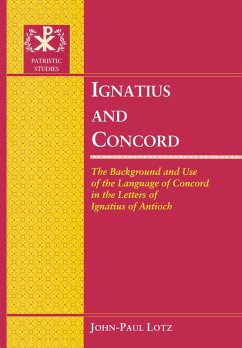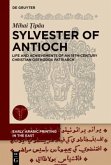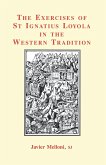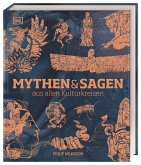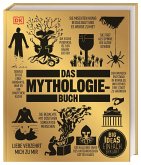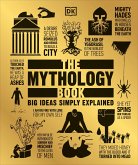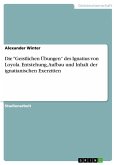The study of Ignatius of Antioch has for several centuries been chiefly concerned with two enigmas relating to the corpus of literature associated with him: authorship and date. This book goes beyond these issues in that it evaluates the meaning and purpose of these letters on their own terms in an attempt to better understand the background and the exigencies that helped produce them. By evaluating how homonoia was used in a variety of contexts and comparing these uses with those in Ignatius of Antioch, this book provides a fresh approach to his letters. Broken by the discord in his own church and shamed with a difficult journey to an ignominious death, Ignatius sought to admonish the church members with whom he had contact - almost as if it were a last testament - to avoid schism by staying united and by submitting to the bishop, presbyters, and deacons appointed over them. These letters were written out of the context of Ignatius' experiences of discord. Thus, concord, unity, and submission to the leaders were such overriding concerns for him as he made his way across the empire to Rome, where he died as a martyr.
"John-Paul Lotz has produced a highly original thesis in which he proves himself to be a young scholar of considerable promise. In a highly original way, he has illuminated Ignatius' background in the light of the homonoia concept, showing the significance for Ignatius of the immediate roots of the term with Domitian. 'Ignatius and Concord' is a book of brilliant and original scholarship." (Allen Brent, Professor Emeritus of Early Christian History and Literature, University of North Queensland, Australia)

